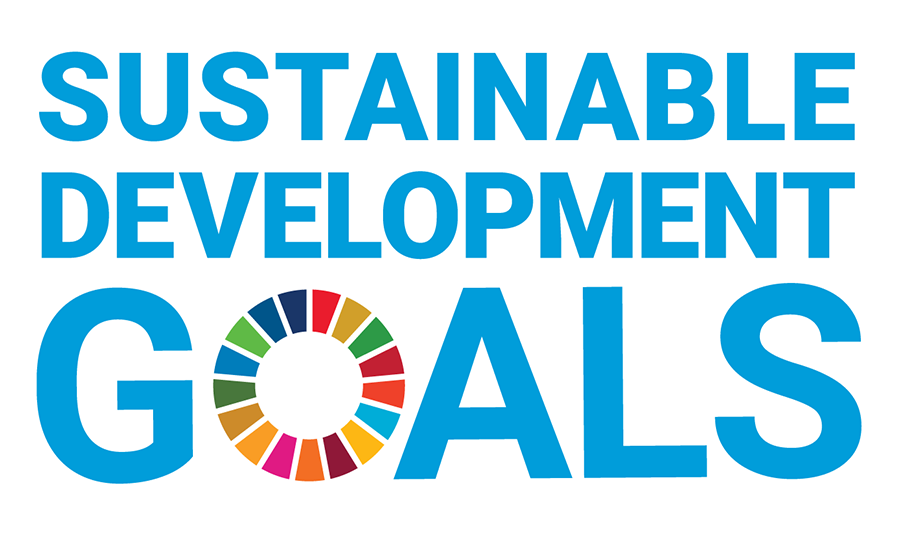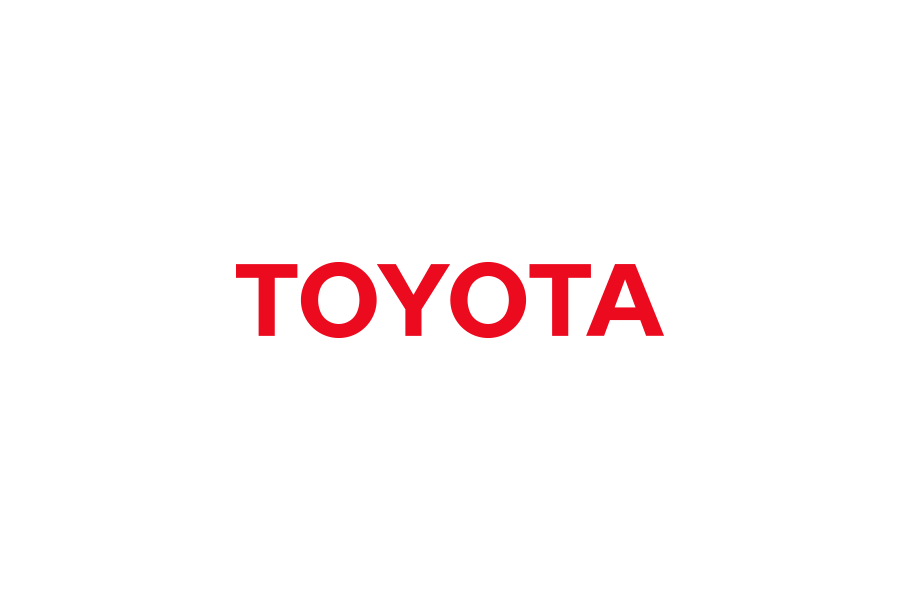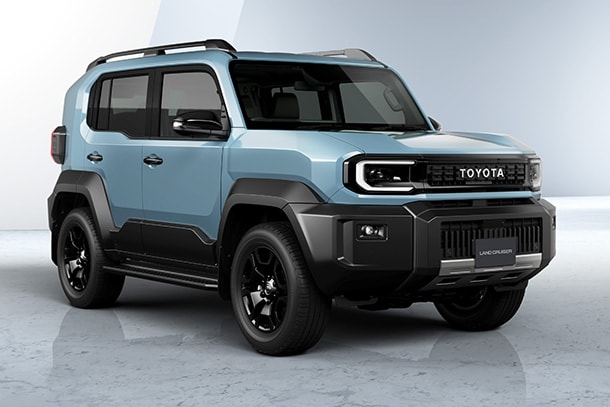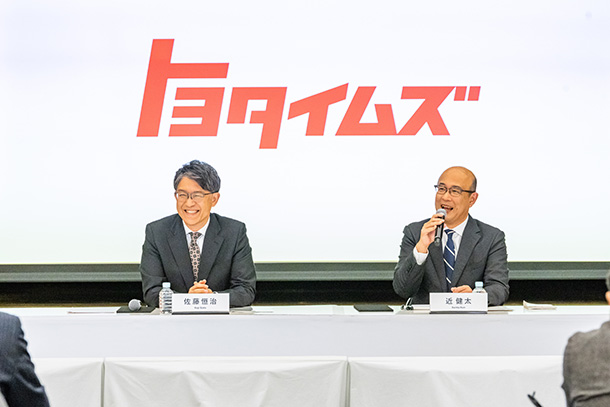Toyota Motor Corporation has been under on-site investigation and confirmation by the Ministry of Land, Infrastructure, Transport and Tourism (MLIT) since the announcement regarding model certification applications on June 3. As a result, today, we received a correction order from the MLIT, which urges us to make drastic reforms to ensure appropriate certification operations. We have also received suggestions and guidance on additional matters. It is with deep regret that we were not able to properly conduct our certification operations, and we apologize to our stakeholders for any concern or inconvenience this may have caused them.
Through a series of suggestions and internal investigations, we believe that these incidents were caused by both on-site and management factors.
- On-site factors
- Unclear internal operational rules for preparing documents required for certification application
- Insufficient clarification and management of resources required for the certification process
- Insufficient awareness of the importance of certification work
- Managerial factors
- Lack of understanding and involvement of management/executives in the overall certification process
Based on the above understanding, we will review the structure and system to implement correct certification operations, clarify the responsibility and authority of the certification process once again, and continue to improve our infrastructure, including accurate data management. We will promptly compile these measures to prevent recurrence and report them to the MLIT.
Through the TPS Jishuken (Joint Kaizen Activities) for certification work, we will also strive to create a medium- to long-term structure and culture.
In addition to the cases reported on June 3, the MLIT indicated eight new cases involving seven vehicles through their on-site investigations, which were not certified in accordance with the prescribed procedures.
We will continue to take appropriate measures for all cases under the guidance of the MLIT.
The newly discovered cases have been reported to the relevant authorities, including the MLIT, and they are in the process of confirming compliance with the standards.
Customers do not need to stop using the vehicles.
The Corolla Fielder, Corolla Axio, and Yaris Cross for the domestic market, which have been suspended since June 3, are scheduled to resume production from the beginning of September as the MLIT confirms that they are in compliance with the standards.
Furthermore, shipments of Noah/Voxy, which have been suspended since July 29 due to additional incidents, will resume as soon as possible since the MLIT also confirmed its compliance with the standards.
Once again, we sincerely apologize to our stakeholders for any concern or inconvenience this may have caused.
List of Cases
| No. | Cases | Test Items | Models | Test Year | Production | Certification Place | ||
|---|---|---|---|---|---|---|---|---|
| Announcement on June 3 | 1 | Development test data with airbag timer ignition system applied for certification | Full-wrap frontal collision test | Crown | 2014 | Terminated | Japan | |
| Isis | 2015 | Terminated | Japan | |||||
| Offset frontal collision test | ||||||||
| 2 | Impact angle inconsistent with regulation | Pedestrian protection test | Corolla Axio Corolla Fielder |
2015 | In Production | Japan | ||
| 3 | Development test data of other measuring points applied for certification (Left used for right and vice versa) (Unilateral used for both sides) | |||||||
| Sienta | 2015 | Terminated | Japan | |||||
| Crown | 2015 | Terminated | Japan | |||||
| 4 | Moving barrier weight inconsistent with regulation (When conducting the test, dummy doll was used ←added this time) | Rear collision test | Sienta | 2015 | Terminated | Japan | ||
| Crown | 2014 | Terminated | Japan | |||||
| 5 | Luggage block inconsistent with regulation | Luggage displacement test | Yaris Cross | 2020 | In production | Japan | ||
| 6 | Adjustment on engine control system during test | Engine power test | RX | 2015 | Terminated | Japan | ||
| Added this time | 1 | Reuse of tested Fr bumper | Pedestrian protection test | Prius α Mebius (Daihatsu) |
2014 | Terminated | Overseas* | |
|---|---|---|---|---|---|---|---|---|
| 2 | Numerical processing to keep the collision speed within the specified limits (rounding down to the second decimal place) | RX | 2015 | Terminated | Overseas* | |||
| 3 | Tested using loading blocks that differ from the regulations, and seat locking mechanism parts that differ from those used in mass production | Load shifting prevention test | RAV4 | 2017 | In production | Overseas* | ||
| 4 | Tested with different steering from declaration, reported using photos of same specs | Steering Impact test | Camry Altis (Daihatsu) |
2017 | Terminated | Overseas* | ||
| 5 | Tested using parts that differ from mass production | Navigation display | Interior occupant protective device testing | Noah Voxy Landy (Suzuki) |
2021 | In Production | Japan | |
| 6 | Front door Internal Bracket | Pole side impact test | Harrier | 2022 | In Production | Overseas* | ||
| 7 | Rear door lining | LM | 2023 | In Production | Overseas* | |||
| 8 | Side collision | |||||||
| * | Authorized by overseas authorities (Acquired the model certification from overseas authorities in accordance with the United Nations Agreement on Mutual Recognition) |
|---|
Toyota Motor Corporation works to develop and manufacture innovative, safe and high-quality products and services that create happiness by providing mobility for all. We believe that true achievement comes from supporting our customers, partners, employees, and the communities in which we operate. Since our founding over 80 years ago in 1937, we have applied our Guiding Principles in pursuit of a safer, greener and more inclusive society. Today, as we transform into a mobility company developing connected, automated, shared and electrified technologies, we also remain true to our Guiding Principles and many of the United Nations' Sustainable Development Goals to help realize an ever-better world, where everyone is free to move.
- SDGs Initiatives
- https://global.toyota/en/sustainability/sdgs/





